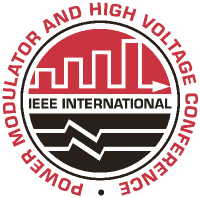Speakers
Mr
chenguo yao
(chongqing university)
shoulong dong
(Chongqing University)
Description
The irreversible electroporation has the advantages of non-thermal, minimally invasive and visualization for the ablation of tumors which has been research and applied extensively. The technique involves delivering a series of unipolar electric pulses to permanently destabilize the plasma membrane of cancer cells through an increase in transmembrane potential, which leads to the development of a tissue lesion. Clinically, muscle contractions will emerge with the delivering of the electric pulses, which will make the patients painful and also may affect the location of implanted needle electrodes. In this paper, the researches of muscle contraction and the effects of killing liver tissue in vivo exposed to high-frequency electric fields were performed by changing the frequency of the pulses. The IRE, Monopolar high-frequency IRE and Bipolar high-frequency IRE were applied to rabbits’ leg muscles to research muscle contraction of animals respectively. And then filtrate the pulse parameters which cannot cause the muscle contraction for the rabbits liver tissues ablation experiments. The experiment results show that the muscle contraction can be seen during the Monopolar high-frequency IRE and IRE pulses delivering. However Bipolar high-frequency IRE can inhibit muscle contraction very well, and the Bipolar high-frequency IRE with a certain intensity can ablate the liver tissues without muscle contraction.
Primary author
shoulong dong
(Chongqing University)
Co-authors
Mr
chenguo yao
(chongqing university)
Mr
chengxiang li
(chongqing university)
Mrs
hongmei liu
(chongqing university)
Mr
yajun zhao
(chongqing university)
Mr
yan mi
(chongqing university)
Mr
yanpeng lv
(chongqing university)
